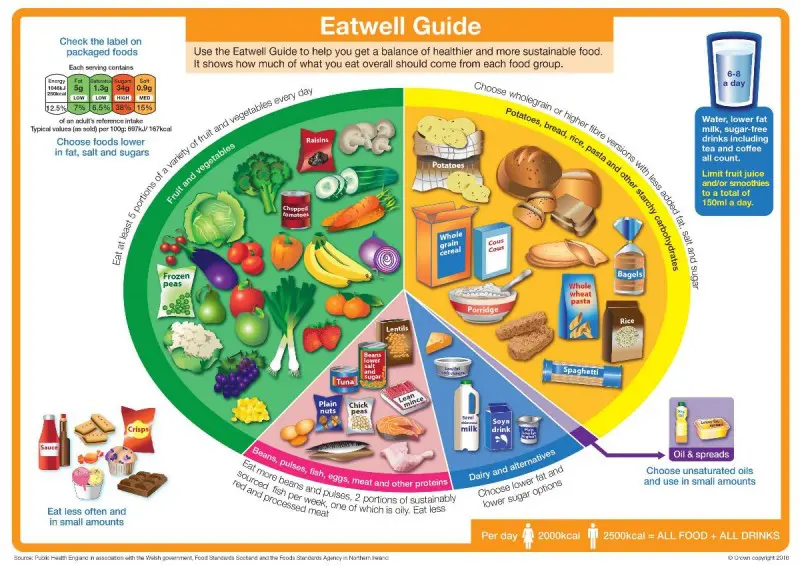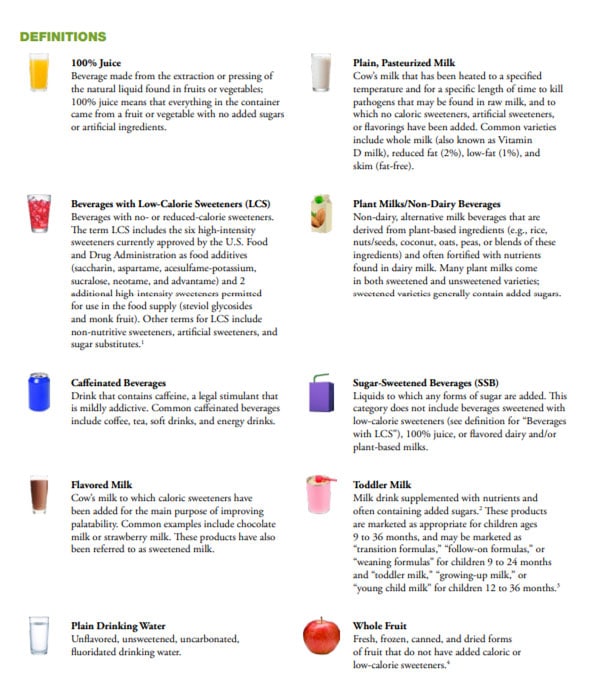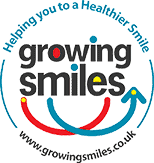A healthy diet is important for our overall health and well being throughout life.
The early years
An unhealthy diet and poor nutrition can affect tooth and jaw development in the foetus from the early months of pregnancy, as well as causing oral health problems for the child throughout life.
Breast milk is the only single food that contains all the essential nutrients the body needs to stay healthy and work properly. Beyond 6 months of age, our diet should contain a variety of different foods to ensure we get the range of nutrients that our bodies need.
During the early years (0 to 5 years) it is important to establish healthy eating to support growth and development and reduce the risk of diet-related chronic disease. Dietary habits formed early in life are generally continued into childhood and adolescence, influencing long term dietary choices in adulthood.
Do you have a ‘picky eater’? This is so often a challenge for parents trying to do their best for their child. Why not have a look at GrowingHealthyeaters.ie where you will find help and support including how to reduce sugar in your child’s diet.
Dietary advice
The frequency and amount of ‘free sugars’ in our diet (food and drinks) are a major risk factor for tooth decay and can lead to obesity and type 2 diabetes. Find out more about sugar here.
Tooth decay (dental caries) is the most common oral disease affecting children and young people, yet it is largely preventable. Tooth decay can cause problems with eating, sleeping, communication and socialising, resulting in at least 60,000 days being missed from school a year for hospital extractions alone.
Think before you eat and drink
To maximise oral and general health try to think before you eat and drink. It’s not just what you consume, but also when you consume it. It is advised to try and eat a healthy diet based on the Eatwell Guide (pictured below). If you are on a special diet, keep your Doctor or Dieticians advice in mind when choosing food and drinks.

General advice based on the average UK adult is to reduce the amount and frequency of sugars in your diet and limit the number of snacks you eat. If you do snack, choose something that is healthy like fruit or vegetables or a piece of low fat cheese.
Foods that are eaten as part of a meal cause less harm to teeth than eating lots of snacks throughout the day. This is because more saliva is released during a meal, which helps to buffer and neutralise sugars and acids. Therefore, it is advised to try and keep sugar containing food and drinks to mealtimes only and to avoid them before bedtime. Find out more about saliva here.
For overall health it is generally accepted taht a mediteranean style diet is
Soft drinks
The most significant impact of diet on oral health is the development of tooth decay (dental caries) and acid/dental erosion (find out more here about acid erosion). Soft drinks are a major source for dietary acids and sugar that contribute to acid erosion and tooth decay.
Water is the number one choice when it comes to choosing a soft drink which is good for your health. Our bodies are made up of 60% water, and so staying hydrated helps your system to distribute healthy nutrients, get rid of waste, give the skin a healthy glow and keep our muscles moving.
Sipping water throughout the day is also one of the best things you can do for your teeth – especially if it’s fluoridated. Water buffers and neutralises sugars and acids and helps to clear the mouth of food particles. Fluoride remineralises tooth surfaces, making them harder and more resistant to tooth decay and acid erosion. Find out more about fluoride and oral health from the Oral Health Foundation here and the NHS by clicking here.
Drinking plenty of fluid daily helps prevent dehydration. When you are dehydrated your mouth becomes dry due to decreased production of saliva. This can lead to plaque biofilm (the sticky stuff that we remove when cleaning) developing more rapidly on all surfaces in the mouth (teeth, gums, tongue etc). This increases the risk of bad breath, gum disease and tooth decay. Find out more about saliva and oral health here.
You will find information about healthy hydration for all ages on the British Nutrition’s website here.
Do you know what you are drinking?
Check out these definitions from Healthy Drinks Healthy Kids.

While poor gum health is strongly linked to smoking and poor oral hygiene, there is evidence that shows an association between what you eat and gum disease (periodontal disease). Learn more about diet, tooth decay and gum disease from Prof Iain Chapple, Birmingham Dental Hospital here. You can also find out more about gum disease here.
Want to know more about gum health and nutrition? Visit Perio – Nutrition by clicking here.
Diet and nutrition have a big impact on us throughout our lives, which in turn can impact our oral health.
Older adults, diet and oral health
It is estimated that by 2050, almost one in five people in the UK will be over 65, equating to 1.6 billion people. On average we are living longer, with some, if not all of our own teeth. Many older people have lots of fillings and in some cases complicated dental treatment (crowns, bridges, dental implants etc) that can become much more difficult to maintain on a daily basis.
Elderly people often do not visit the dentist regularly and their ability to carry out effective daily home care can be compromised by physical and mental health challenges. The oral care of people living in isolation or residential care may be neglected resulting in pain and discomfort, which can have a major impact on their ability to eat, speak, smile and enjoy fresh breath. Poor oral health and poor nutrition results in poor general health, which can greatly impact quality of life.
If you would like to know more about oral health for someone you care for, speak to your dentist or email us at info@growingsmiles.co.uk. You may find some of the resources from the Mouth Care Matters programme by Health Education England useful. You can find more out here.
If you are struggling to provide mouth care for someone who is resistant to mouth care, you may find this video useful.
Dietary supplements
Always tell your dental team about any supplements you are taking – either prescribed or over the counter, as these may have an impact on your risk of disease or the treatment provided.
Obesity and oral health
‘Eat to live, don’t live to eat’ is a mantra worth reflecting on, as obesity is becoming an epidemic here in the UK. So, how does obesity affect oral health? They both share common risk factors such as diet, genetics, socio-economic class and lifestyle choices. Consequences of obesity include type II diabetes, high blood pressure (hypertension) and cardiovascular diseases (diseases affecting your heart). Lack of physical activity, changes in eating habits and how we live (fast food, sugary drinks, sugar and high fat diets) all have an impact on both our oral and general health and wellbeing.
There is now evidence being produced to suggest that simple carbohydrates like sugar and flour contribute to inflammation in the liver that promotes the production of central or ‘belly fat’. Belly fat is particularly dangerous because it builds up around organs and is a risk factor for a variety of diseases such as obesity, type II diabetes and gout.
When gum inflammation is experienced, such as that seen in gum (periodontal) disease, it may be a sign that the body is experiencing general inflammation, which in turn can contribute to weight gain and risk of obesity. Cutting down on simple carbohydrates may have a positive effect on both gum disease and obesity.
To conclude, there are clear links between diet and oral health with the most obvious being that anything consumed (dietary) enters the body via the oral cavity – hence having an impact on oral health. Be mindful of what you eat and drink and when it is consumed. Try and follow a healthy balanced diet and be conscious of the needs of others, such as children and the elderly, who require support to eat, drink and maintain their oral health.
